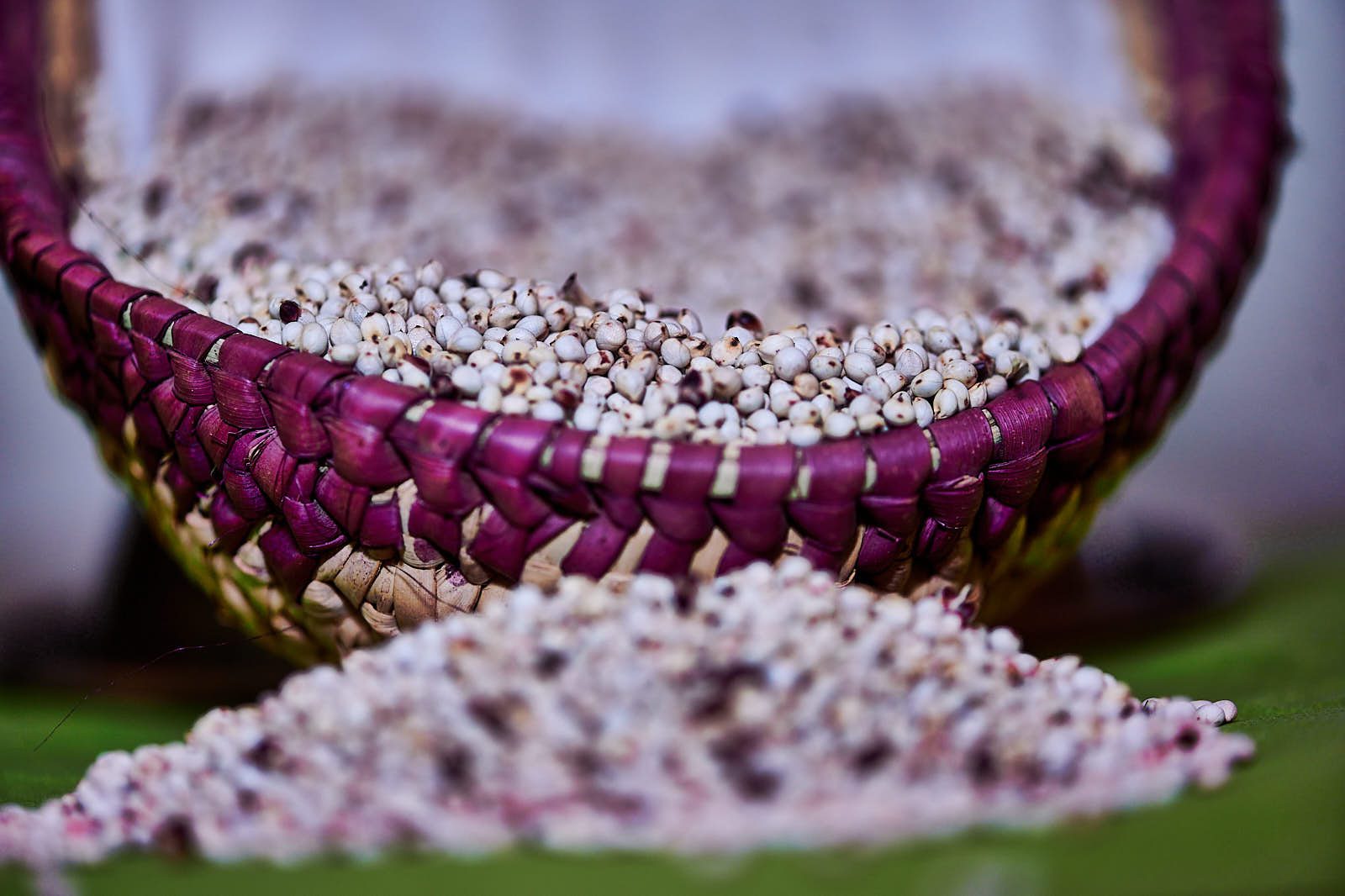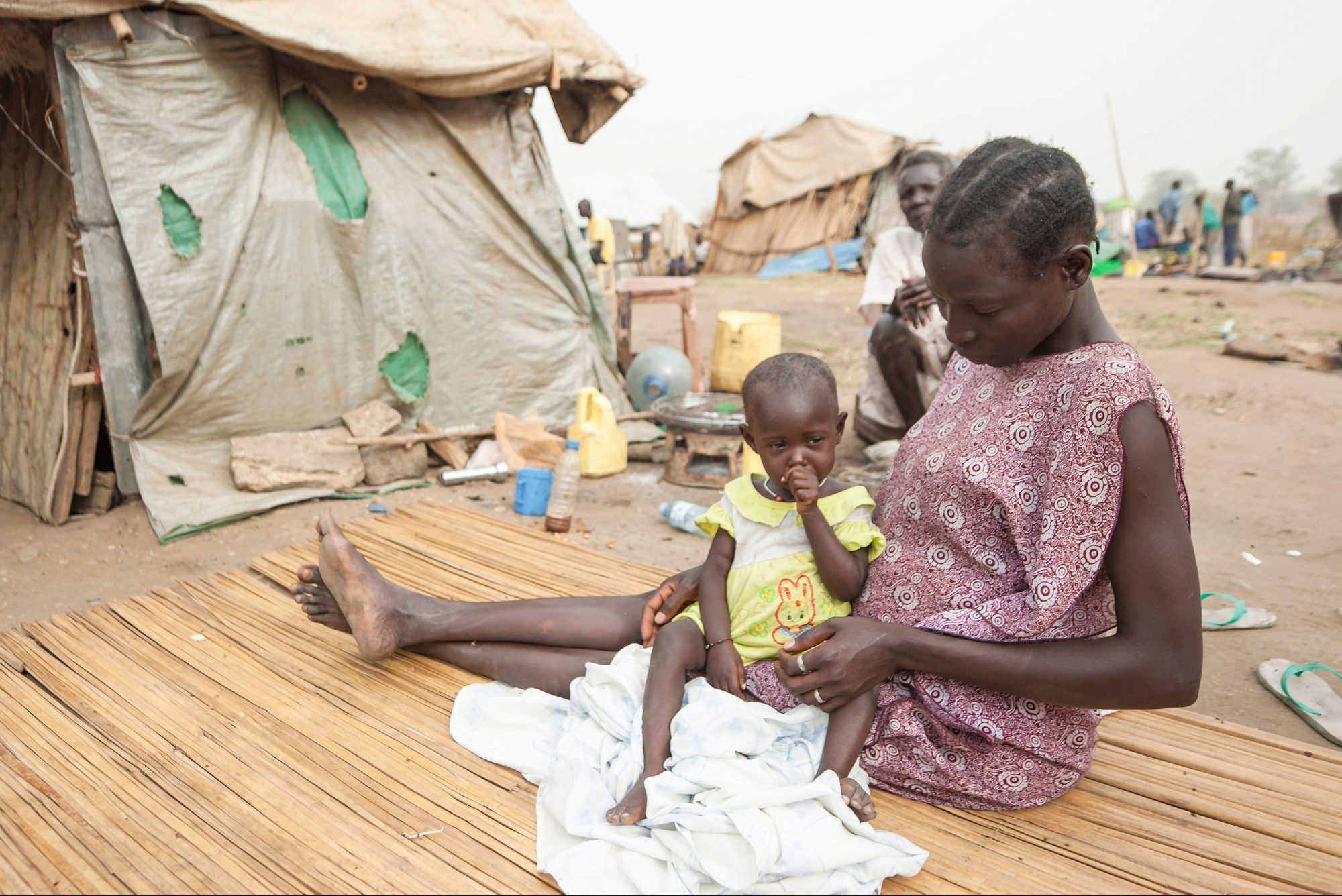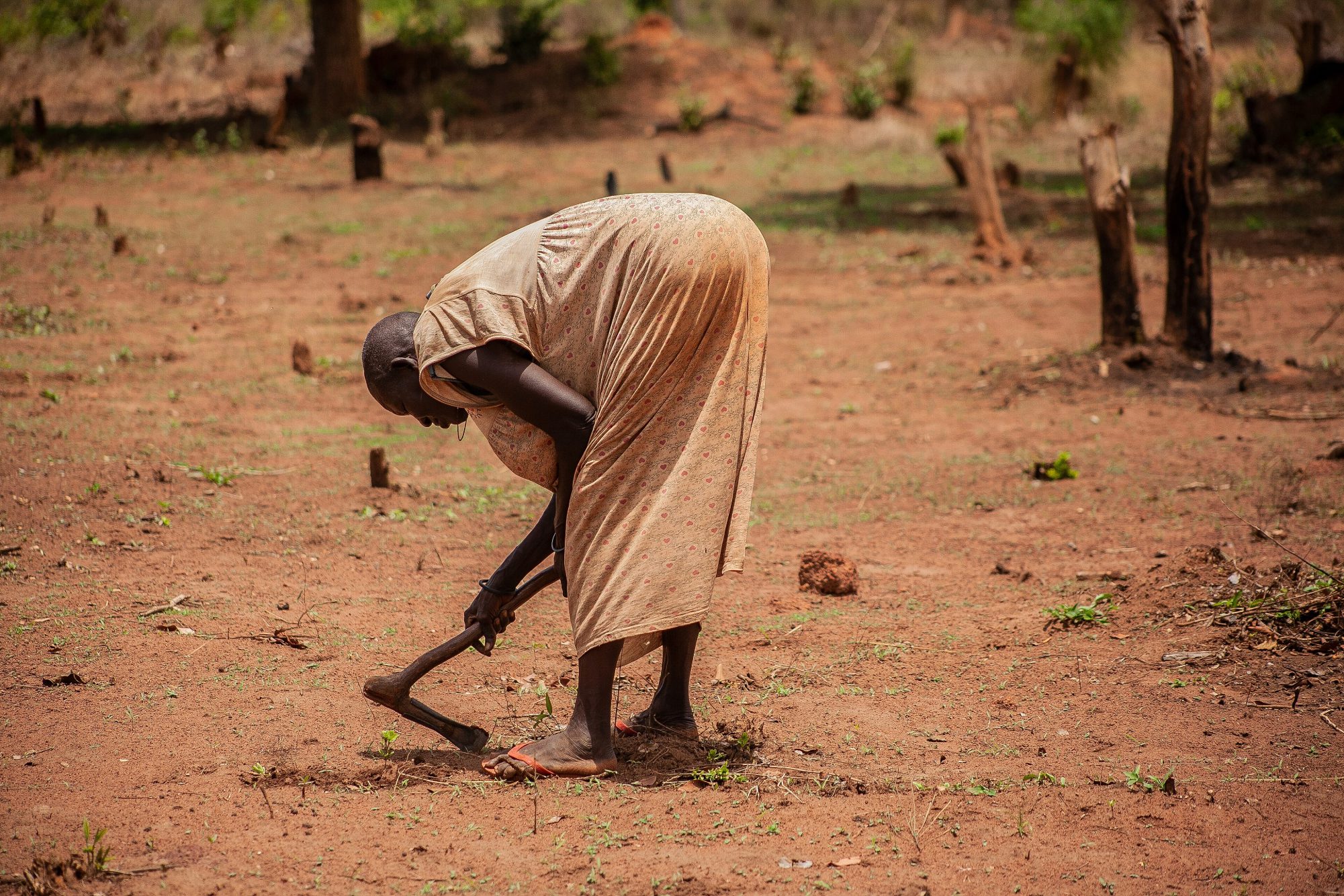Alex de Waal has a new essay introducing African Affairs‘ virtual issue on South Sudan. As the journal’s editors explain, the virtual issue is the journal’s contribution to making in-depth analysis available to the wider public for free: “often, journalism and advocacy on South Sudan is ill-informed and simplistic. This virtual issue of African Affairs is making some of our best articles on South Sudan freely available. Making well-informed, empirically rich, and analytically rigorous research accessible serves to influence a better understanding of South Sudan’s crisis.”
From de Waal’s Introduction:
Not only have policy errors in western capitals contributed to the country’s predicament and the suffering of its people, but better-informed, more empirically rich and analytically rigorous research is available, which is highly relevant to understanding South Sudan’s crisis. Those more academic writings are cautionary: they advise against simplistic formulae for resolving South Sudan’s complicated problems.
Rita Abrahamsen’s ‘Letter to George Clooney’[i] chides the actor and his organizations, the Enough Project and its subsidiary The Sentry, for their partisan, belated and simplified coverage of South Sudan. The occasion of her critique was a much-hyped report by The Sentry, ‘War Crimes Shouldn’t Pay’,[ii] which contained photographs of the lavish houses of the political and military leaders of the Sudan People’s Liberation Movement (SPLM) and Army (SPLA), pictures from their children’s Facebook pages of them dressed in loud suits in the first class cabins of aircraft, and information about their business investments. The Sentry writes, ‘The key catalyst of South Sudan’s civil war has been competition for the grand prize—control over state assets and the country’s abundant natural resources—between rival kleptocratic networks led by President Kiir and Vice President Machar.’ Abrahamsen points out that African Affairs published scholarly papers on corruption, patronage and economic mismanagement (which The Sentry doesn’t cite) over many years.
She could have added that these were also much more detailed and analytical and provided a better guide to policymaking than Clooney’s far-fetched notion that putting financial sanctions on South Sudanese leaders could end the war. In a reversal of the former Washington Post publisher Philip Graham’s adage that journalism is ‘the first draft of history’: it is the scholars of South Sudan who have led the way. This introductory essay to the online selection of African Affairs articles documents and analyses this phenomenon.
A close association between social anthropology and policy is not new in South Sudan: successively in the colonial period, the post-colonial era of a developmental state, and the long war and associated humanitarian enterprises, Sudanese and foreign scholars have both informed and critiqued official policies. African Affairs has been one of their venues for publication. There is a long list of notable papers.
Notes:
[i] Rita Abrahamsen, ‘Letter to George Clooney’, Centre for International Policy Studies blog, 15 September 2016 <http://www.cips-cepi.ca/2016/09/15/letter-to-george-clooney/> (20 September 2016).
[ii] The Sentry, ‘War Crimes Shouldn’t Pay: Stopping the looting and destruction in South Sudan,’ 16 September 2016 <https://thesentry.org/reports/warcrimesshouldntpay/> (20 September 2016).


